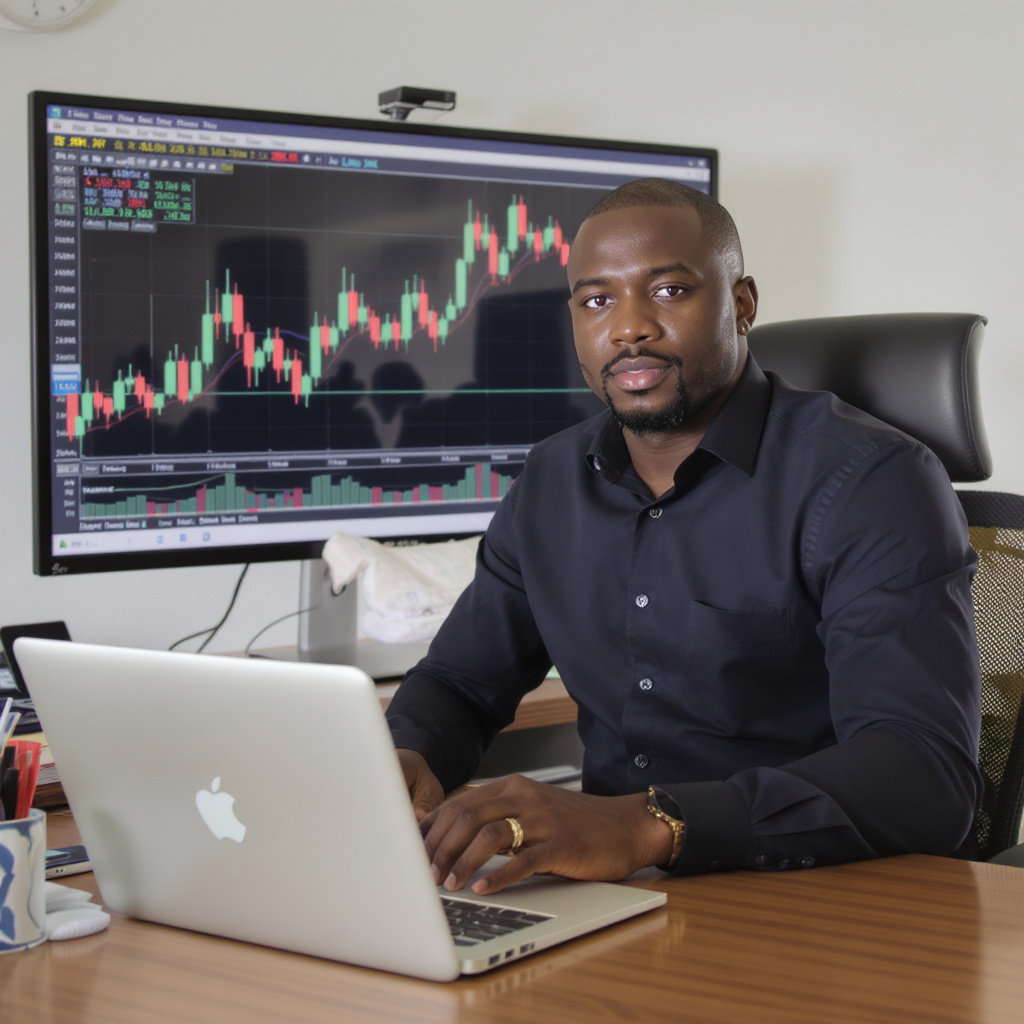Forex trading has gained strong traction in Nigeria over the past decade, fueled by increased internet access, mobile trading platforms, and a growing appetite for alternative income opportunities. As participation has grown, so has the demand for reliable forex brokers. Choosing the right broker is not just a matter of convenience but of safety, since the forex market attracts both reputable firms and unregulated operators. Nigerian traders must be deliberate in evaluating brokers based on regulation, trading conditions, and the services offered.

The Popularity of Forex Trading in Nigeria
Nigeria is now one of the largest forex markets in Africa in terms of retail participation. Young, tech-savvy individuals are particularly drawn to the market’s accessibility, with platforms that allow trading from smartphones and accounts that can be opened with modest deposits. The opportunity to trade global currencies such as the US dollar, euro, and pound against the naira and other major pairs has created new opportunities, but also increased exposure to risk when brokers are not properly vetted.
Regulation and Oversight
One of the main challenges for Nigerian forex traders is regulatory clarity. The Central Bank of Nigeria (CBN) does not directly license retail forex brokers, meaning most of the brokers available operate under licenses from foreign jurisdictions. Reliable brokers typically carry oversight from recognized regulators such as the UK’s Financial Conduct Authority (FCA), the Cyprus Securities and Exchange Commission (CySEC), or the Australian Securities and Investments Commission (ASIC).
Unregulated or lightly regulated brokers, on the other hand, pose significant risks. They may offer attractive bonuses and high leverage but often lack transparency, making withdrawals difficult or manipulating spreads during volatile periods. This is why Nigerian traders are encouraged to use only brokers with established regulatory credentials.
Trading Conditions That Matter
Beyond regulation, Nigerian traders should evaluate brokers based on trading conditions. Spreads, commissions, and execution speed directly impact profitability. Reliable brokers offer tight spreads, especially on major currency pairs such as EUR/USD or GBP/USD. Execution should be fast and stable, avoiding slippage during news events.
Other considerations include the availability of trading platforms such as MetaTrader 4, MetaTrader 5, or cTrader. Many Nigerian traders prefer brokers that support mobile apps, given the high rate of mobile internet usage. Deposit and withdrawal options are also critical. Brokers that provide support for local payment systems or direct bank transfers make the trading process far smoother than those relying only on international transfers.
Resources for Nigerian Traders
Independent resources help traders separate reputable brokers from unreliable ones. Websites such as forexbrokersnigeria.com provide detailed reviews, comparisons, and insights specific to the Nigerian market. These resources are valuable because they address local considerations—such as payment processing, customer support availability, and whether brokers accept naira-based funding—that international broker review sites often overlook.
Final Perspective
Forex trading in Nigeria continues to expand, but the risks of unregulated brokers remain high. Traders should prioritize regulation, transparent trading conditions, and reliable local support when choosing a broker. With careful selection and the use of independent resources, Nigerian traders can access global forex markets in a safer, more informed way, reducing the likelihood of losses tied not to trading decisions but to poor broker choice.
